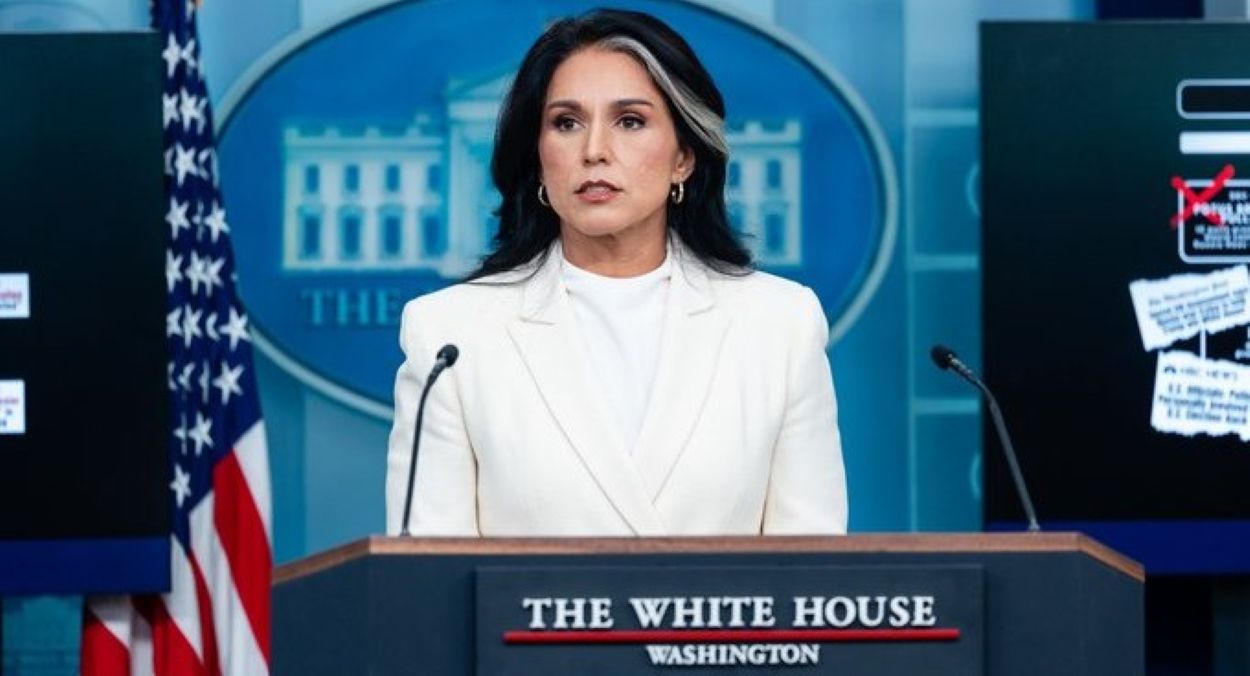On August 20, 2025, Director of National Intelligence Tulsi Gabbard announced a 40% reduction in the Office of the Director of National Intelligence (ODNI) by the end of fiscal year 2025, projecting savings of $700 million, according to a news release. The move, part of the “ODNI 2.0” plan, aims to address what Gabbard calls a “bloated and inefficient” agency rife with “abuse of power, unauthorised leaks, and politicised weaponisation of intelligence.”
A four-page fact sheet on the ODNI website outlines cuts to programs monitoring biosecurity, weapons of mass destruction, and cyber threats. The Strategic Futures Group was criticised for violating analytic standards to push a political agenda against President Donald Trump’s priorities. The Foreign Malign Influence Centre, accused of suppressing free speech under the Biden administration, faces significant reductions. Gabbard noted that the ODNI has already downsized by 30%, with 500 staff removed since her appointment in February 2025.
Director of National Intelligence Tulsi Gabbard is slashing staff at the Office of the Director of National Intelligence by around 40% — the latest major Trump-era change slated for the intelligence agency.
The cuts at ODNI are expected to save around $700 million annually,… pic.twitter.com/ycTIjs2TRz
— CBS News (@CBSNews) August 21, 2025On August 19, Gabbard revoked security clearances for 37 current and former officials, many tied to Russia analysis or election threat assessments, at Trump’s direction, per The New York Times. She accused them of politicising intelligence, though no specific evidence was provided. Critics, including Sen. Mark Warner, argue Gabbard’s actions risk weakening national security.
Gabbard’s July 2025 accusation of a “treasonous conspiracy” by former President Barack Obama regarding Russian election interference in 2016 contradicts four probes (2019-2023) confirming Russia’s role. Critics, citing her alleged ties to Vladimir Putin and Bashar al-Assad, question her impartiality.
The cuts align with Trump’s pledge to reduce federal government size, seen in slashed foreign aid and Department of Education budgets, the latter requiring Supreme Court approval. The ODNI reductions aim to refocus the agency on its core mission while addressing perceived inefficiencies.






